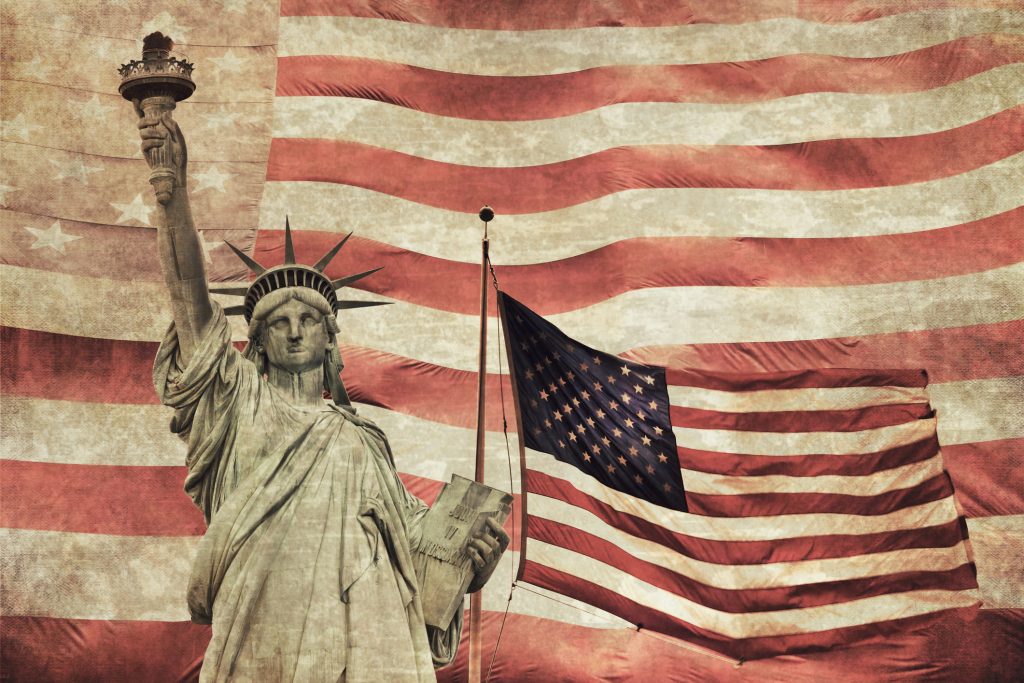LEBANON, Kansas — There is something uplifting about standing in the center point of the United States of America. It evokes a sense that is both spiritual and patriotic, particularly if you reach this point having traveled on both sides of the monument that marks the spot.
There is a restorative energy you absorb, no matter where the back roads take you. You have to take time listening to folks in city neighborhoods, tree-lined suburbs and small towns.
No one person’s story is perfect. No situation or place is perfect. There is plenty of despair among people in towns where automation, industry and technology have passed them by, a sentiment shared by young people in neighborhoods that sit 100 yards from centers of wealth and power. They can see success from their living room window but cannot access it. But no matter how dire things get, there is always more hope than not.
Turn on social media, cable news or the national news networks, and you would be inclined to believe that we loathe those who are different from us. You would also be inclined to believe that everyone who lives outside the urban centers is backward, stupid and racist.
Turn off social media, get off the interstates and spend time in the overlooked neighborhoods, housing projects and small towns. You will find, for the most part, the exact opposite of those sentiments. You will discover that many who live in the cities, no matter what the color of their skin is, want to find a way out — not because they don’t love their cities, but because those who govern them have become so drunk with power that living there has become untenable.
They no longer trust these leaders to make the right choices because every choice is based on their own political power.
Many of the people I listened to were eating at a diner, a place that some journalists look down on with disdain. Going to a diner when traveling, especially as a reporter, is essential. Our job as journalists is to go where people frequent, not to go where we wish they frequented.
Last week, a reporter for The Daily Beast said on Twitter, “I’ve said this before but the people who hang out in small town diners are lonely a–holes who are there to get off on being waited on.”
A Washington Post reporter has made going to diners or counties with funny names his running joke on Twitter; it is always unclear if he is making fun of the people or the place they come from, or if he’s implying that reporters who visit these locations are just doing a shtick.
I suspect it’s all three.
My best estimation of where Americans are culturally and politically is that we are much closer to an inside/outside moment in our history than one that is left/right. We have been so disrupted by our mistrust in school boards, political parties, unions, academia, institutions and entertainment that it has strained our ties to our traditional cultural curators.
Whether it is in small towns such as Jordan, Kansas, or more cosmopolitan towns such as Bozeman, Montana, or Aspen, Colorado, multiple interviews taught me something new this year: The long-standing relationship between people and government is unsteady, even among the relatively well-off families.
Everywhere you look, our disconnect between the outside and our centers of power is both wide and deep; it is clear this will affect the party in power. What is unclear is if the party out of power can pull itself together and govern as the outsider that people are craving.
People in this country who live in all the “Middle of Somewheres,” along two-lane highways or city streets tucked behind the shadows of looming skyscrapers, are the testimony of what makes this country great; they are inspiring, full of grace, sometimes down on their luck, sometimes full of despair, but have made the decision that the status quo has failed them for the last time.
COPYRIGHT 2021 CREATORS
